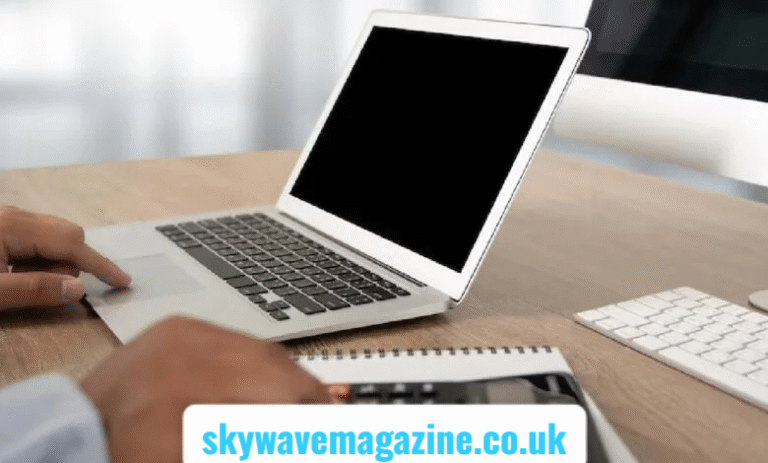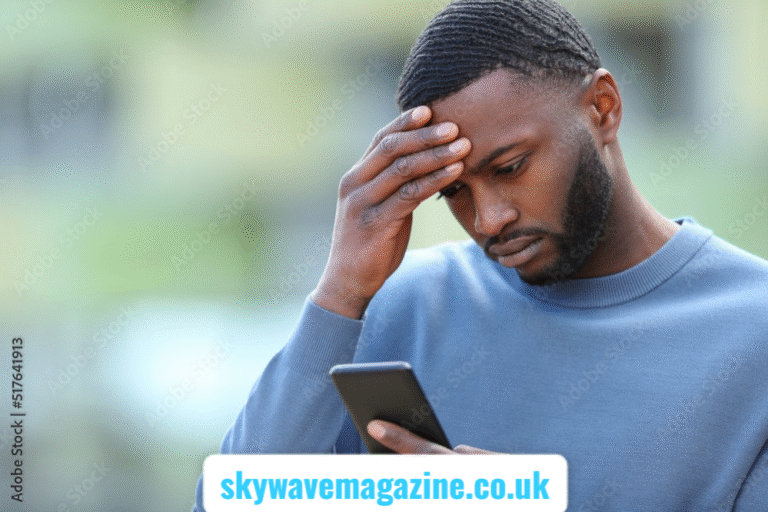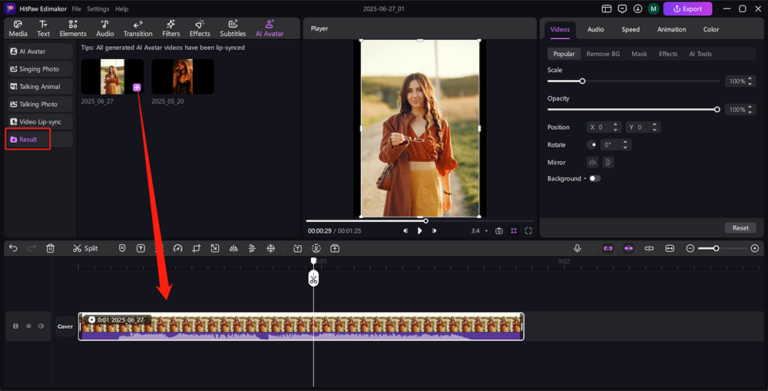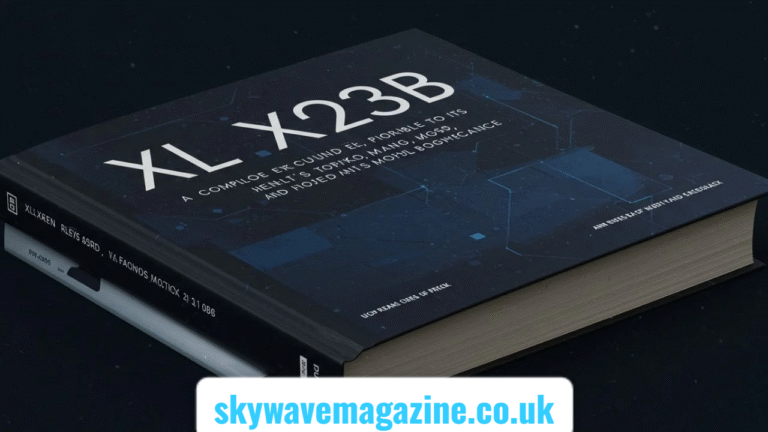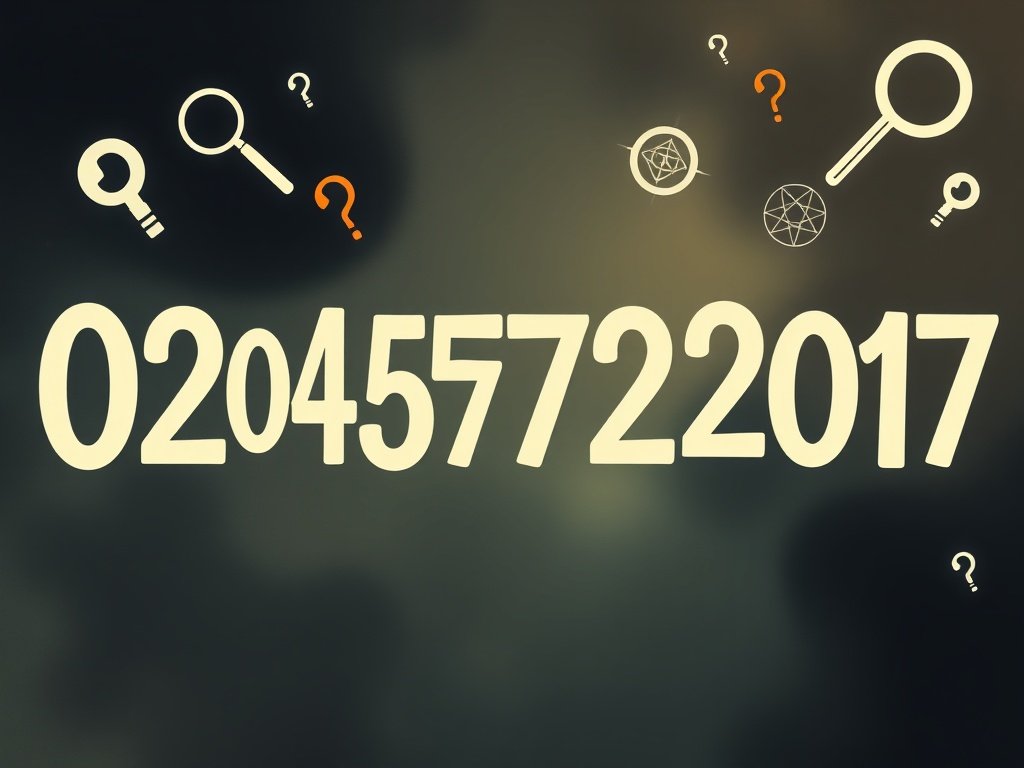
Introduction: Why Numbers Like 02045725207 Spark Curiosity
Numbers hold a strange kind of power over us. Sometimes they appear out of nowhere—a string of digits on a screen, a call from an unknown line, or a reference code buried in an email—and suddenly our curiosity is hooked. 02045725207 is one such sequence. To some, it looks like a phone number; to others, it resembles a tracking code or an internal reference ID. Whatever the case, it seems to beg the question: What does this mean, and should I care? This article aims to unpack everything about this number by examining the different contexts where such digits may appear, the steps you can take to verify authenticity, and the broader cultural and technological implications of encountering unknown codes in everyday life. By the end, you’ll not only know more about 02045725207, but you’ll also feel more confident handling any similar mystery digits that pop up in your life.
What Does 02045725207 Potentially Represent?
At first glance, 02045725207 looks like a telephone number from the United Kingdom. The 020 prefix is well known as the area code for London, and when followed by eight additional digits, the structure aligns perfectly with a standard UK landline format. But appearances can be deceptive. Numbers like this can also serve as internal identifiers for invoices, parcel tracking references, banking transaction codes, or even placeholder values generated by software systems. The point is, without context, this number is ambiguous. The real trick lies in interpreting where and how you encountered it. Was it in an email header, a missed call, a shipping receipt, or a university document? Each of these circumstances could completely change its meaning.
Could It Be a London Landline?
The most obvious interpretation of 02045725207 is that it’s a London-based phone number. Since 2000, London numbers have followed the (020) xxxx xxxx pattern, meaning the sequence fits neatly into that structure. If true, then 02045725207 could be a residential line, a small business contact number, or part of a call center block. But simply fitting the format doesn’t prove it is active or genuine. Numbers can be spoofed, recycled, or even disconnected. For instance, scam callers frequently mask their identities behind legitimate-looking area codes like 020 to gain trust. Before assuming it’s safe, one must confirm through official directories or call-blocking apps that the number indeed belongs to a trusted entity.
Alternative Possibility: Tracking or Reference Number
Just because 02045725207 looks like a phone number doesn’t mean it always functions as one. Many systems around the world generate codes that look deceptively like telephone numbers. Logistics companies, for instance, issue reference numbers with 10–12 digits to track parcels. Similarly, banks or insurance firms assign transaction IDs that mimic phone structures simply by coincidence. In these cases, calling the number would get you nowhere—it’s meant for system entry, not human communication. So if you received 02045725207 on a delivery slip or a financial statement, don’t rush to dial it. Instead, use the context—company name, portal, or customer service department—to clarify its real purpose.
Verifying the Identity of 02045725207
The safest way to handle mysterious digits is through a deliberate verification process. If you believe 02045725207 is a phone number, use a credible reverse-lookup directory rather than random online search engines. If it looks like a reference number, go back to the organization that provided it—courier, bank, school—and ask them directly. Here’s a step-by-step breakdown:
- Step 1: Identify the source—where did the number appear?
- Step 2: Check official channels (directory services, organization websites).
- Step 3: Avoid calling or entering the number on suspicious sites.
- Step 4: Keep a record of your findings, especially if it appears repeatedly.
Following this measured approach transforms what might feel like an unsettling encounter into a manageable task.
Table 1: Different Contexts of Numbers Like 02045725207
| Context | Why It Looks Like This | Best Way to Verify | Risk If Ignored |
| UK Landline | Standard 020 + 8 digits | Reverse phone directory, official website | Moderate (privacy concerns) |
| Tracking Code | Numeric system for parcels | Courier portal or receipt number | Low to moderate |
| Bank Transaction ID | Randomly generated references | Contact issuing bank directly | High if tied to fraud |
| Internal Office ID | Often sequential or random | HR/admin department | Low |
The Psychological Effect of Encountering Unknown Numbers
Why do we feel so compelled to investigate something like 02045725207? Human brains are wired to seek patterns. A structured sequence like this teases familiarity while withholding clarity, creating a mental itch. We’re unsettled by uncertainty, especially when it comes through our personal devices. Unknown numbers trigger concerns about fraud, missed opportunities, or bureaucratic oversight. But they also awaken curiosity. This duality—fear and fascination—explains why articles like this exist: people want closure, reassurance, and a practical roadmap for handling these encounters without overreacting.
Real-World Situations Where 02045725207 Could Appear
Imagine three scenarios. First, you receive a call from 02045725207 while at work, but no voicemail is left. Second, you notice the digits printed on a DHL parcel label under “Reference.” Third, a university transcript email includes 02045725207 as part of your student ID. Each instance radically changes the interpretation. In the first, you’d need to confirm whether it was spam or legitimate. In the second, it’s clearly a tracking reference. In the third, it’s an internal code, not meant for public dialing. Context is everything. Treating all such numbers alike leads to mistakes—like ignoring a vital package or accidentally engaging with a scammer.
When Numbers Like 02045725207 Become Problematic
There are certain warning signs to watch for. If 02045725207 appears in unsolicited emails, especially paired with urgent requests like “click this link” or “confirm payment,” you should proceed with extreme caution. Scammers frequently rely on official-looking numbers to lend credibility. Another problematic scenario is caller ID spoofing. Fraudsters often disguise their real number by displaying a London code like 020 to make recipients more likely to answer. Here are red flags:
- Calls claiming to be from government or banks but demanding immediate action.
- Numbers tied to “tech support” scams offering to fix fake computer issues.
- Repeated missed calls with no voicemail left.
In such cases, blocking and reporting the number is safer than engaging.
Table 2: Risk Assessment of Unknown Number Encounters
| Scenario | Likely Risk Factor | Recommended Action |
| Missed call with no voicemail | Possible spam | Wait or search on trusted directory |
| Request for urgent payment | High scam risk | Ignore, report, verify with official source |
| Reference in official document | Likely legitimate | Verify with issuing authority |
| Appears repeatedly on emails | Phishing attempt | Block sender, report |
Active Inquiry: The Smarter Approach
Rather than reacting emotionally to 02045725207, adopt a posture of inquiry. Ask yourself: Where did this number come from? Am I expected to act on it? Is there a safer route to confirmation? Write down observations and note patterns. If it shows up once, it may be incidental; if it recurs, it deserves attention. Treat it as you would any other unknown input: don’t assume importance without evidence, but don’t dismiss it outright either. This reflective approach builds resilience in a digital age where numbers, codes, and references bombard us daily.
Common Misconceptions About Numbers Like This
It’s easy to fall into traps of assumption. The most common myths include:
- If it looks like a phone number, it must be one. In reality, many codes are designed without regard for public dialing standards.
- Every number can be traced online. Private numbers, internal IDs, and spoofed calls may never yield useful search results.
- Responding quickly is always best. Scammers exploit urgency. Taking time to verify is safer and smarter.
By recognizing these misconceptions, you avoid unnecessary anxiety and make clearer decisions.
Case Study: A Spoofed Number Incident
Consider this real-world styled case: a London resident received multiple calls from 02045725207, each claiming to be from a national bank. The caller insisted the person’s account was compromised and urged them to transfer funds to a “secure account.” Fortunately, the recipient grew suspicious and checked the bank’s official website, which listed no such number. Upon calling the bank directly, they confirmed it was a spoofed scam. This example highlights how easily fraudsters manipulate legitimate-looking numbers—and how vital it is to check with official, verified sources before acting.
Why Writing About Numbers Matters
Some may wonder: why write thousands of words about 02045725207? The answer is simple. Numbers are part of modern life. They control communication, security, commerce, and logistics. When an unexplained sequence enters your world, it represents more than digits—it embodies uncertainty. By unpacking its possible meanings and offering practical steps for resolution, this article provides not only information but reassurance. Writing about such numbers matters because it empowers everyday people to respond wisely rather than react rashly.
Conclusion: How to Handle Encounters With 02045725207
At its core, 02045725207 symbolizes the challenge of living in an age overflowing with data. Numbers like this can be phone calls, tracking IDs, or scam disguises. The best approach is calm, deliberate verification: note the context, check with trusted sources, avoid knee-jerk reactions, and document your steps. If it turns out to be harmless, you’ll have peace of mind. If it’s a scam, you’ll have avoided a costly mistake. By applying these principles, you not only solve the mystery of 02045725207 but also strengthen your digital literacy for every other unknown code you may encounter.
FAQs
1. Can I safely call back 02045725207?
Not without verification. If you suspect it’s a real business or friend, confirm through official directories first. Unverified callbacks may expose you to scams.
2. Is 02045725207 listed in any public directory?
Possibly, if it belongs to a registered London line. But not all numbers are publicly listed, and spoofed calls will never show up legitimately.
3. What’s the safest first step when I see 02045725207?
Pause and check the context. Did it appear in an email, call, or invoice? Once you know the source, use that organization’s official channels to verify before acting.
